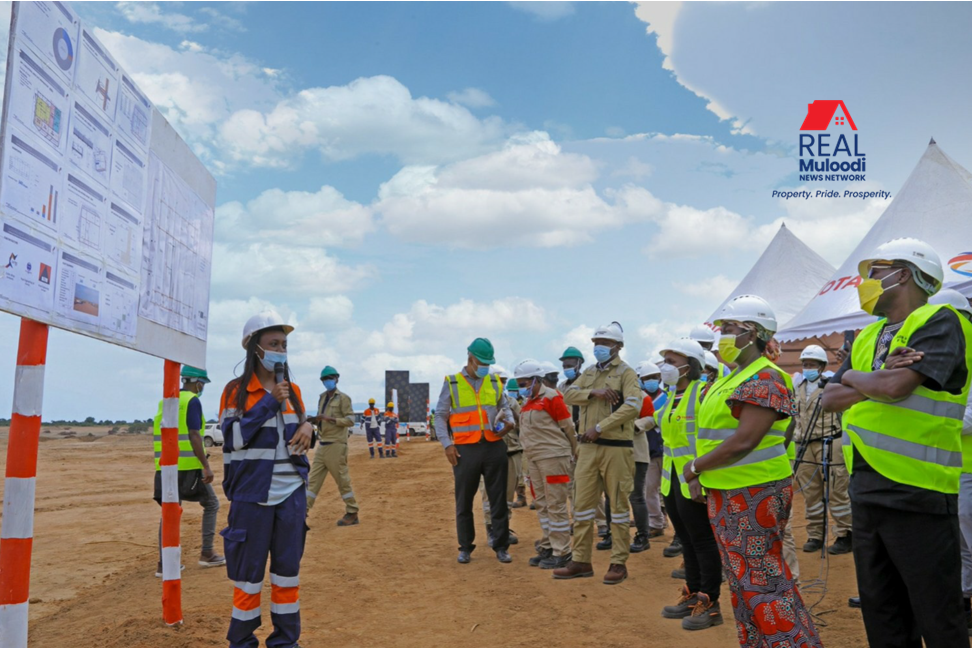UGANDA, Hoima | Real Muloodi News | According to Brian Ayesiga, Programs Coordinator at Youth for Green Communities (YGC) and a Youth Champion in Hoima City, the oil developments in Uganda’s Albertine region have brought with them a myriad of human rights violations.
From delayed compensation for those affected by oil projects to land grabbing, environmental degradation, and challenges in accessing justice, the impact on communities has been far from positive.
According to Ayesiga, land and property rights are crucial for development, but unfortunately, in many parts of Uganda, these rights are routinely violated and insufficiently protected, particularly during the implementation of lucrative government projects.
He highlights that this has been evident in the government’s compulsory land acquisition policy and other questionable land transactions.
In the oil-rich Albertine region, Ayesiga notes that host communities have been left out of decision-making processes, land policy formulation, and the protection of their land rights.
The discovery of oil and gas in the region, located over 200 km from Kampala, has brought this issue to the forefront.
Ayesiga points out that back in 2012, the oil refinery project displaced many individuals from their ancestral land to make way for the oil refinery, which is yet to be constructed even after a decade.
Most of these affected people accepted meagre compensation from the project implementers out of frustration.
Those who opted for physical relocation had to wait until 2018 to get houses in camps, without proper compensation for the intervening time.
According to him, others are still waiting for justice, having filed their cases against the government seeking prompt, fair, and adequate compensation as provided by Ugandan law back in 2014.
However, the implementation of Article 26 of the country’s constitution, which provides for the right to own land and the circumstances under which the government can compulsorily acquire it for the public interest, has been largely ignored due to the ignorance of affected communities.
Ayesiga highlights that the government has taken advantage of the ignorance prevalent among the communities to delay compensation, impose unreasonable cut-off dates, and coerce many people into accepting inadequate compensation rates for their land.
As a result of these violated land rights, communities, including those in the oil region, continue to suffer as project implementers overlook key rights such as environmental rights and access to information, among others.
According to Ayesiga, amid the continued development of oil projects, including the controversial East African Crude Oil Pipeline (EACOP), as well as the Kingfisher and Tilenga projects, it is essential to sensitise and empower local communities to safeguard their fundamental rights.
Failure to do so will lead to untold injustice, property loss, and the burden of delayed or undervalued compensation.
Empowerment efforts should prioritise vulnerable groups such as girls, women, and youth who need the information to defend their rights effectively.
According to him, efforts must be made to engage with communities directly, empowering them to decide their development paths and assert their rights.
He emphasises that a meeting of minds is crucial, where the government, local communities, local leaders, and concerned agencies come together to find lasting solutions for the rights of oil communities.
According to Brian Ayesiga, by promoting empowerment and collaboration, Uganda can navigate the complexities of oil developments while safeguarding the rights and well-being of its oil communities.
READ MORE LIKE THIS:
Tilenga Oil Project: Affected Persons Get New Homes from TotalEnergies EP Uganda



